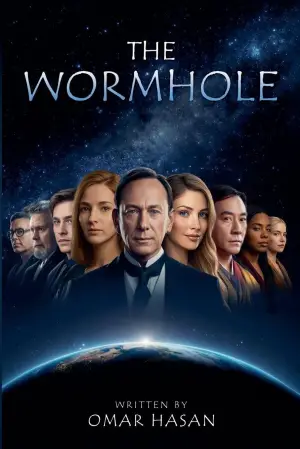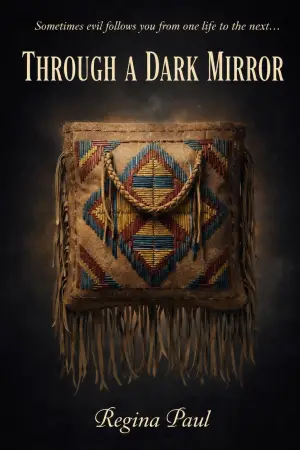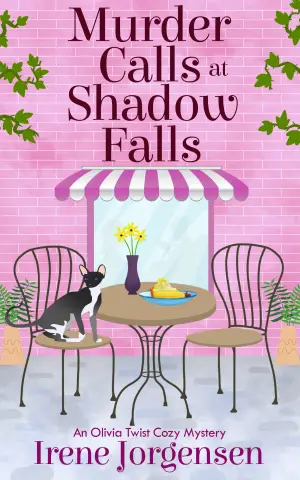I recently finished reading The Parable of the Talents, the highly anticipated sequel to Octavia Butler’s seminal work, The Parable of the Sower. As an avid reader of dystopian fiction, I was drawn to this title, particularly after experiencing the intense world Butler created in the first book. The themes of resilience, faith, and societal collapse resonate deeply in our current socio-political climate, which made my decision to dive back into Butler’s universe almost imperative.
In Talents, we follow Lauren Olamina as she continues her journey of survival amidst an ultra-conservative regime in 2032. Butler’s ability to weave intricate narratives filled with nuance and emotion is evident throughout the book. The character development is phenomenal; Lauren’s evolution as a leader and her struggles are poignant. Readers experience the heart-wrenching choices she has to make to protect her newfound community centered around the Earthseed faith.
One strong point that truly impressed me was how Butler’s storytelling feels eerily prophetic. Reviewer "already gone" noted the shockingly relevant themes that parallel contemporary political climates, and I wholeheartedly agree. The commentary around Christian nationalism and societal breakdown is not just engaging; it’s a reminder of how fiction can mirror reality, making it all the more impactful. I found myself reflecting on my own beliefs and societal structures, and that level of introspection is a beautiful gift Butler has to offer.
Another advantage is Butler’s writing style. Each page is imbued with lyrical beauty, laden with insights that feel both timely and timeless. Reviewer "H[zwei]" highlighted the "rare understanding of human history" that Butler portrays, and I couldn’t agree more. The philosophy of Earthseed—"God is change"—is intertwined throughout the narrative, providing both a framework for the characters’ struggles and a philosophical lens through which to view our current world.
However, as much as I enjoyed this novel, it’s essential to address some of its drawbacks. There are moments of extreme darkness that many readers might find emotionally challenging—something that has been echoed in the reviews. Michael Doel mentioned that he found the book’s middle act somewhat lacking in drive, which I can understand. While the bleakness serves to enhance the narrative’s stakes, it also risks becoming overwhelming. Some readers, such as Robert P. Inverarity, noted the frequent instances of violence and trauma, particularly against women, making parts of the book difficult to digest. I share a similar sentiment; while I appreciate Butler’s honesty in portraying human suffering, it does sometimes detract from the readability.
While the storytelling is superb, the emotional toll it takes might not suit everyone. Yet, I believe this rawness is an integral part of Butler’s artistic vision, challenging readers to confront uncomfortable truths about society and humanity.
Ultimately, The Parable of the Talents met my expectations, delivering a thought-provoking exploration of faith, identity, and resilience amidst despair. Butler’s ability to craft a narrative that feels relevant and prophetic cements her as a master storyteller in the dystopian genre.
In conclusion, I wholeheartedly recommend this book to anyone willing to journey through the depths of human experience alongside complex and vividly rendered characters. However, be prepared for an emotional rollercoaster; it’s a read that demands reflection, strength, and, most importantly, an openness to the idea that change is the only constant. If you enjoyed Sower, this sequel is an unmissable continuation of Butler’s extraordinary vision.








